Endangered herbarium
Date
Dimensions
Material
Description
"Endangered herbarium" is an artwork that highlights local endangered plants and speculates on the future of archiving.
This poetic piece takes the form of a triptych of transparent blue Plexiglass sheets. Three SD card shaped panels with slight undulations on their surface - reveal and project onto a plane - thanks to the sunlight that passes through them - silhouettes of plants composed of light and shadow.
Each pane of glass contains an image of a type of local endangered plant that may eventually disappear due to global warming or the destruction of natural habitats. Letters are also engraved on the plexiglass, corresponding to the Latin name of each plant. The three featured plants are a "Apium nodiflorum", a "highly endangered" species, a "Papaver occidentale", a type of poppy that is "threatened" and a "Dryopteris cristata", a plant considered "vulnerable" by the red list of endangered plants.
The blue colour of the projected shadow echoes a cyanotype effect (the first negative monochrome photographic process of 1842 by which a Prussian blue photographic print is obtained, the first cyanotype was the image of a herbarium composed of seaweed by Anna Atkins).
"Endangered Herbarium" has the particularity of evolving during the day according to the position and the light intensity of the sun: changing from a very clear image to a blurred and distorted one. The plants hidden inside the surface of the plexiglass only appear thanks to the sunlight, thus directly echoing the process of photosynthesis that every plant needs to survive. On overcast days and during the night, the plants disappear completely, leaving only their Latin names—engraved on the panel—as silent remnants and the last memory of their presence.
This disappearance prompts reflection on the lifespan of these species: will we manage to preserve them, or will these fragile fragments become among their final tangible traces?
At a time when digital archiving introduces new challenges—such as the ecological cost of data storage, the durability of storage media, and the finite natural resources required to produce servers—this project, through its form (a data storage card), its technique, and its materials, offers a meditation on the future of memory and preservation.
"Endangered Herbarium" offers visitors a space to discuss crucial contemporary issues such as climate change and biodiversity. A theme dear to Fragmentin, addressed in particular through the works: "Displuvium", "Artificial Arcadia" or "Your Phone Needs To Cool Down".
The images were created from high definition scanned herbariums from the collection of the Museum of Natural History and the Botanical Garden of Fribourg (CH).
Thanks to Rayform for helping us with caustic technology.
Exhibition view at deli.social, Lausanne
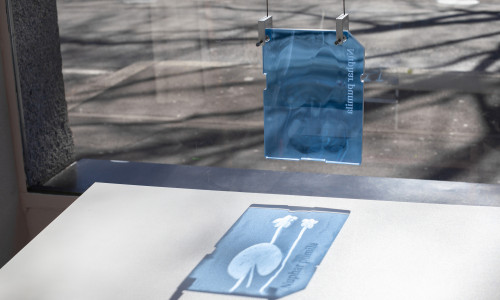
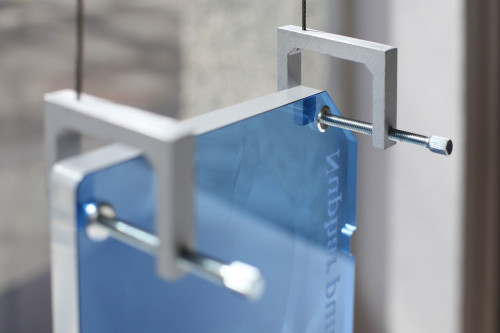
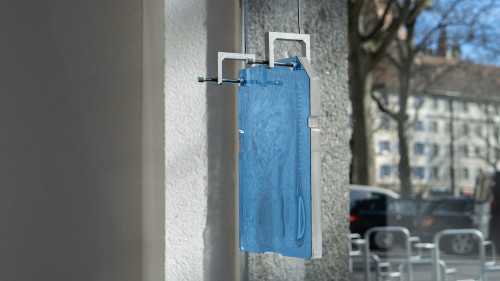
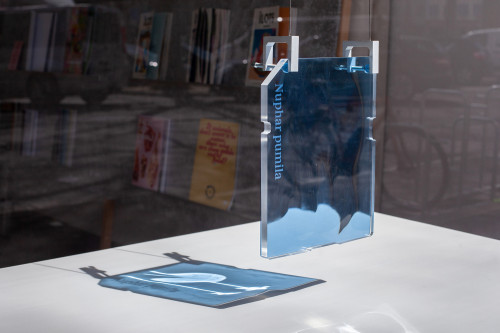
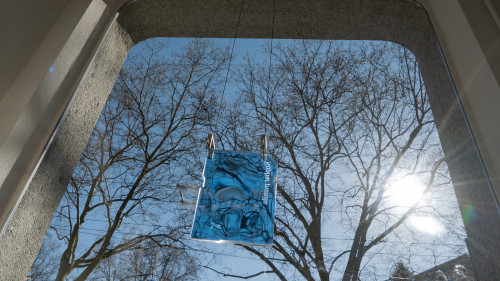
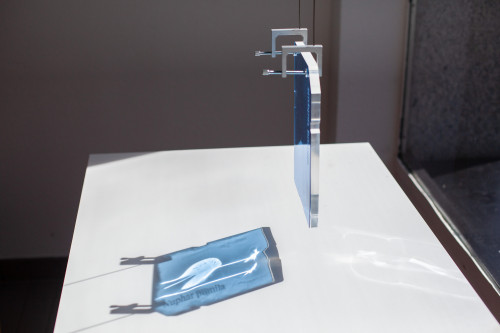
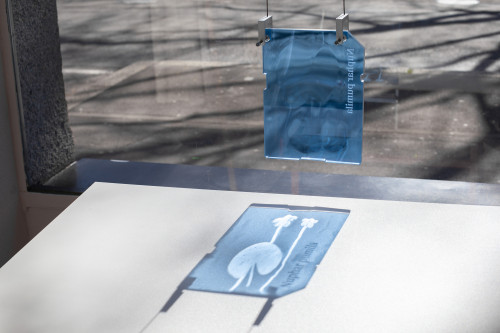
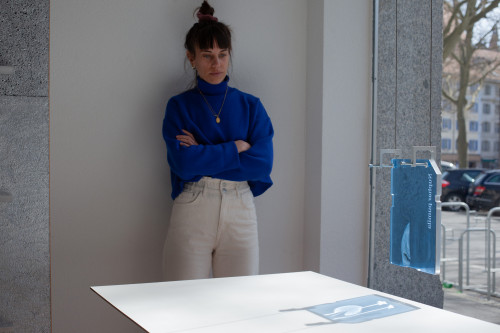
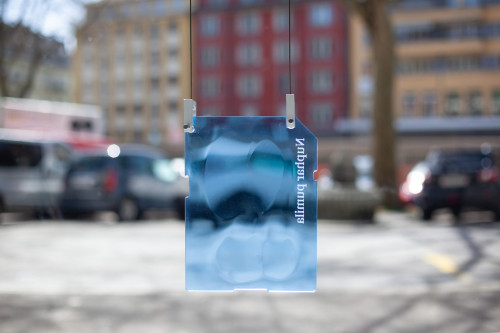
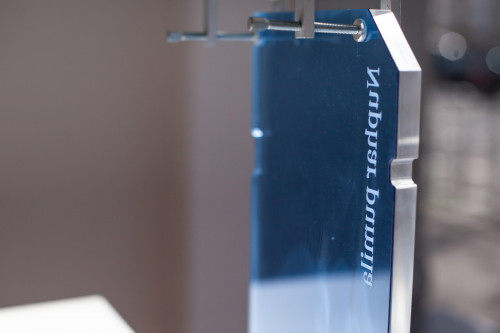
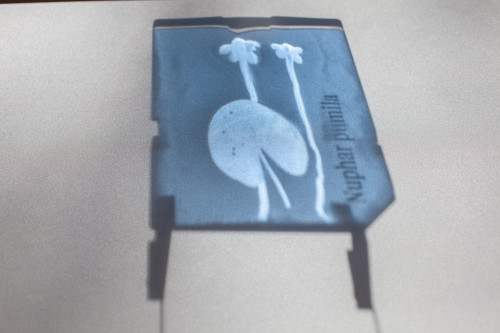
Exhibition view at la Maréchalerie, Versailles
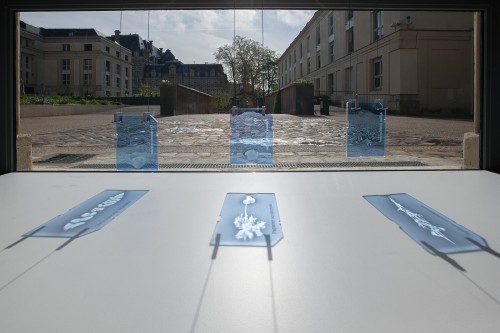
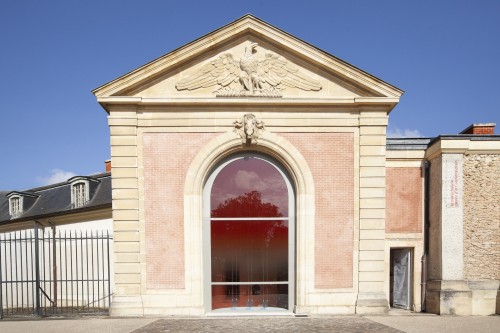
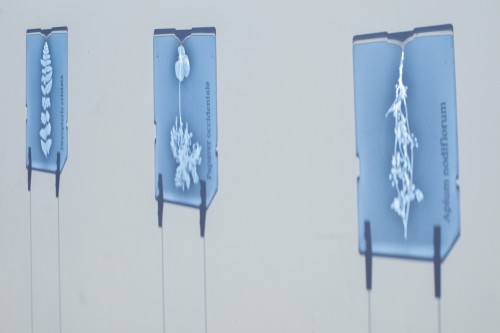
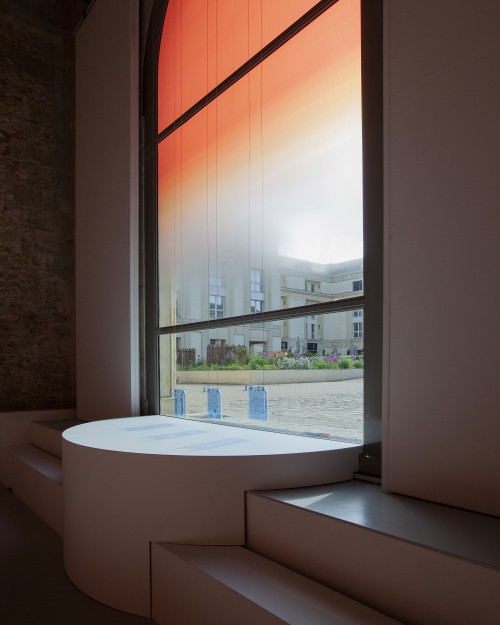
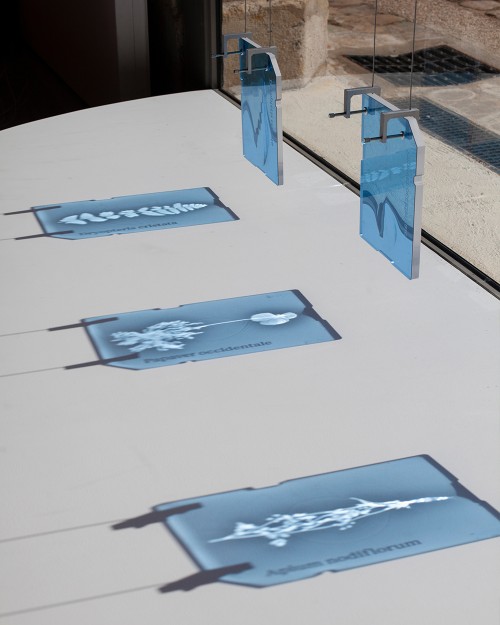
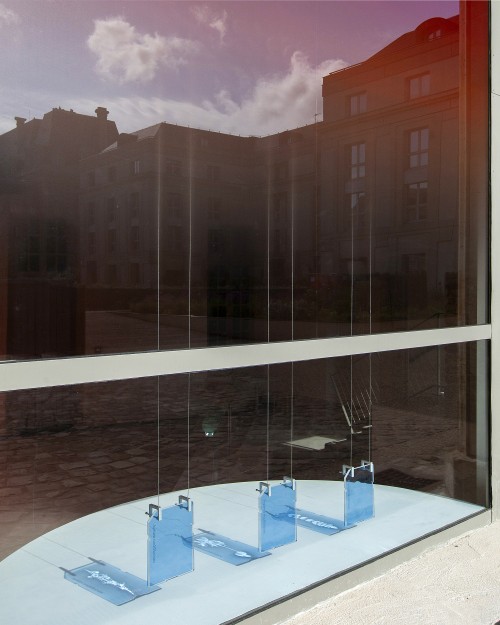
Exhibition view - the First Beijing Biennial - 2022
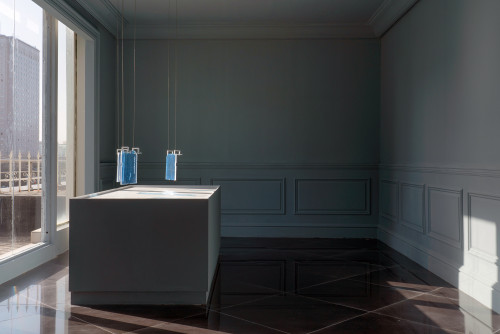
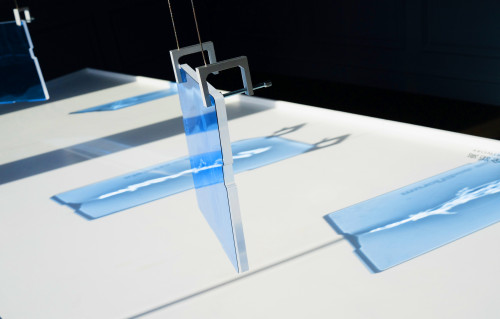
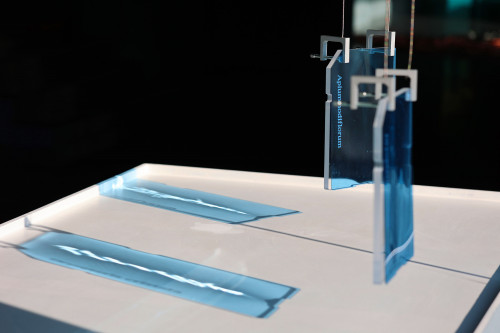
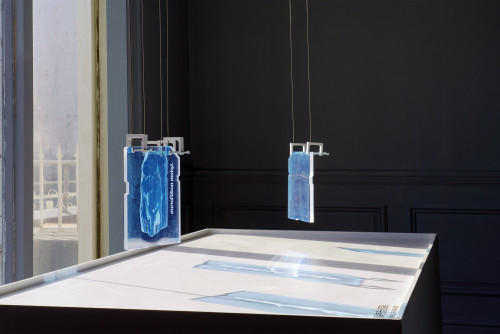
Exhibition view at Art Biesenthal 2022, Berlin
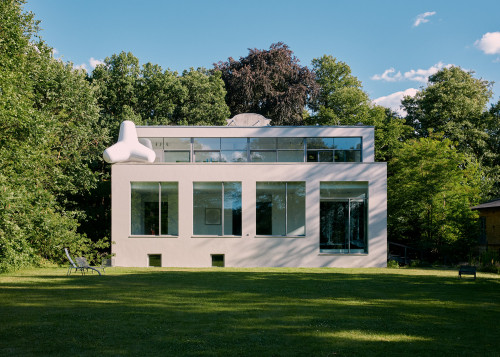
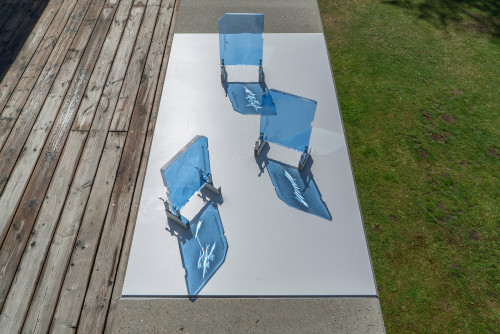
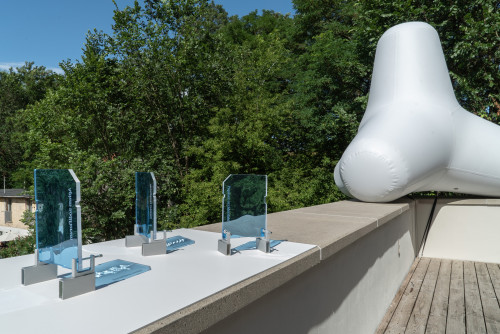
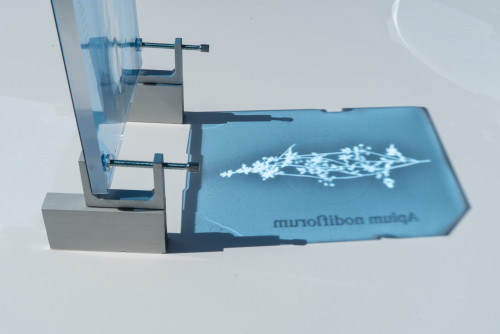
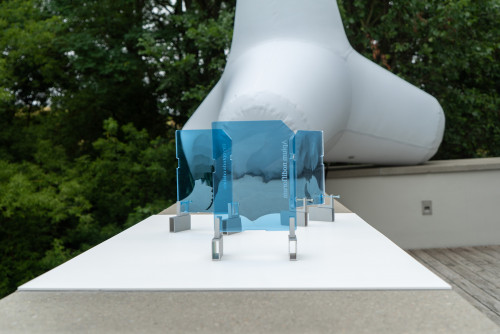
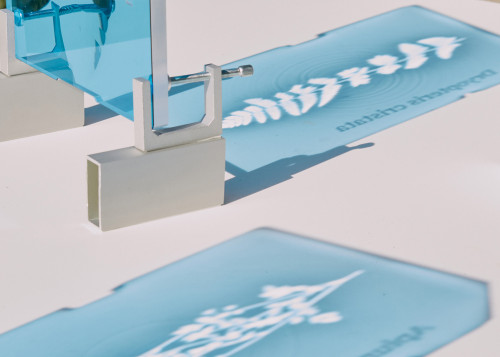
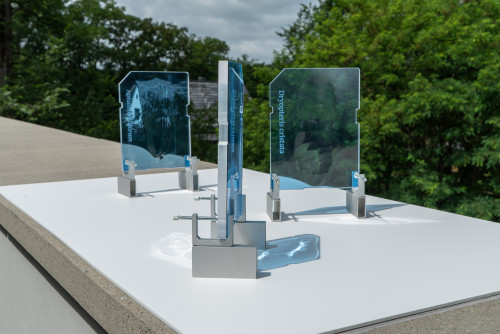
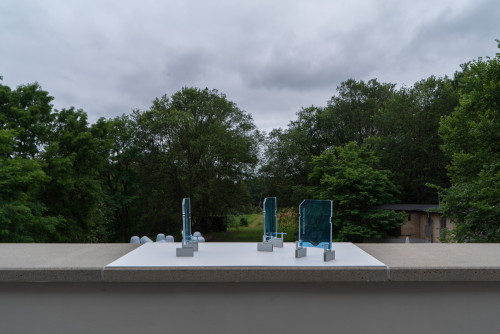
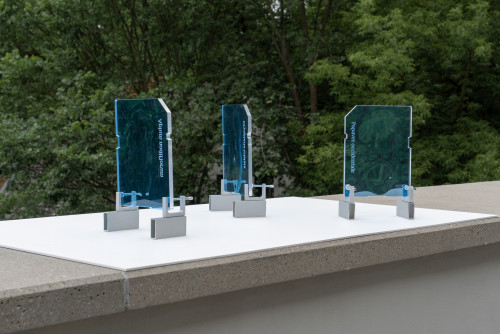
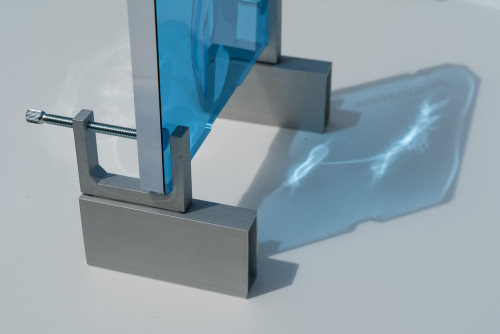
24 endangered plants from the Fribourg Botanical Garden & MHNF
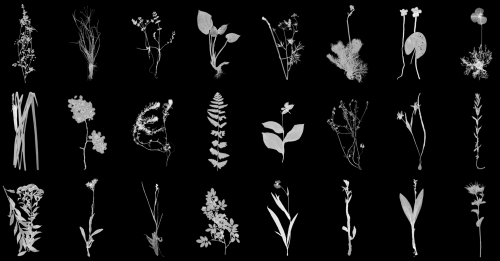
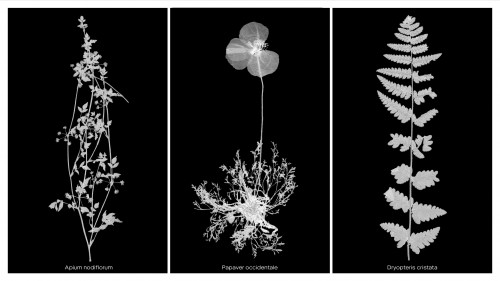
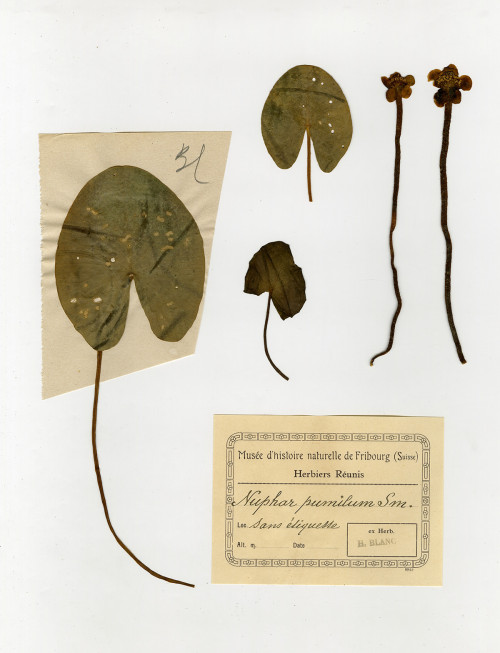
Videos
Exhibitions
Contact
Thanks
Fondation Vaudoise pour la Culture
Swiss Cultural Fund UK
Pro Helvetia
Art Foundation Pax
HeK
Canton de Vaud
Ville de Lausanne
Ville de Renens
Migros pourcent culturel
Arts at CERN
Hospitalité artistique de Saint-François
Swiss Alpine Club SAC
MUDAC
Ars Electronica
Wilde gallery